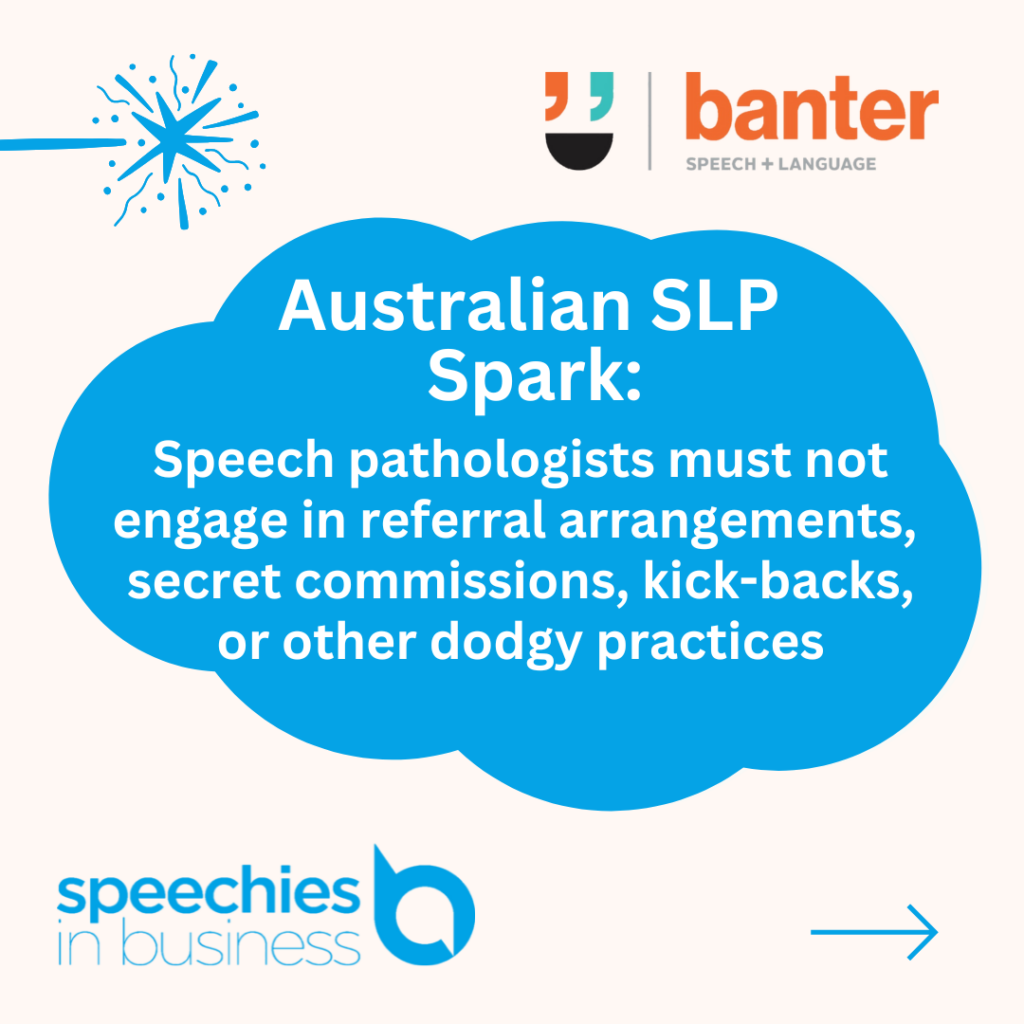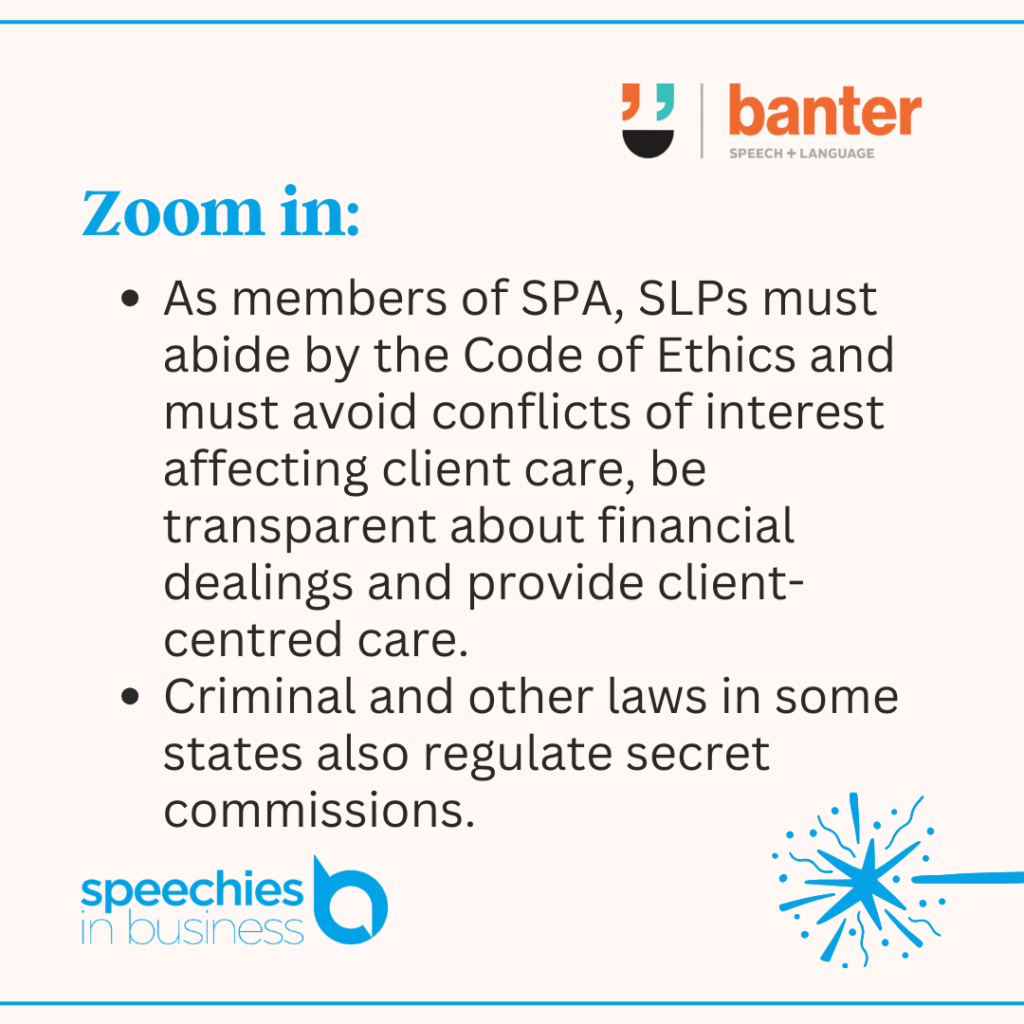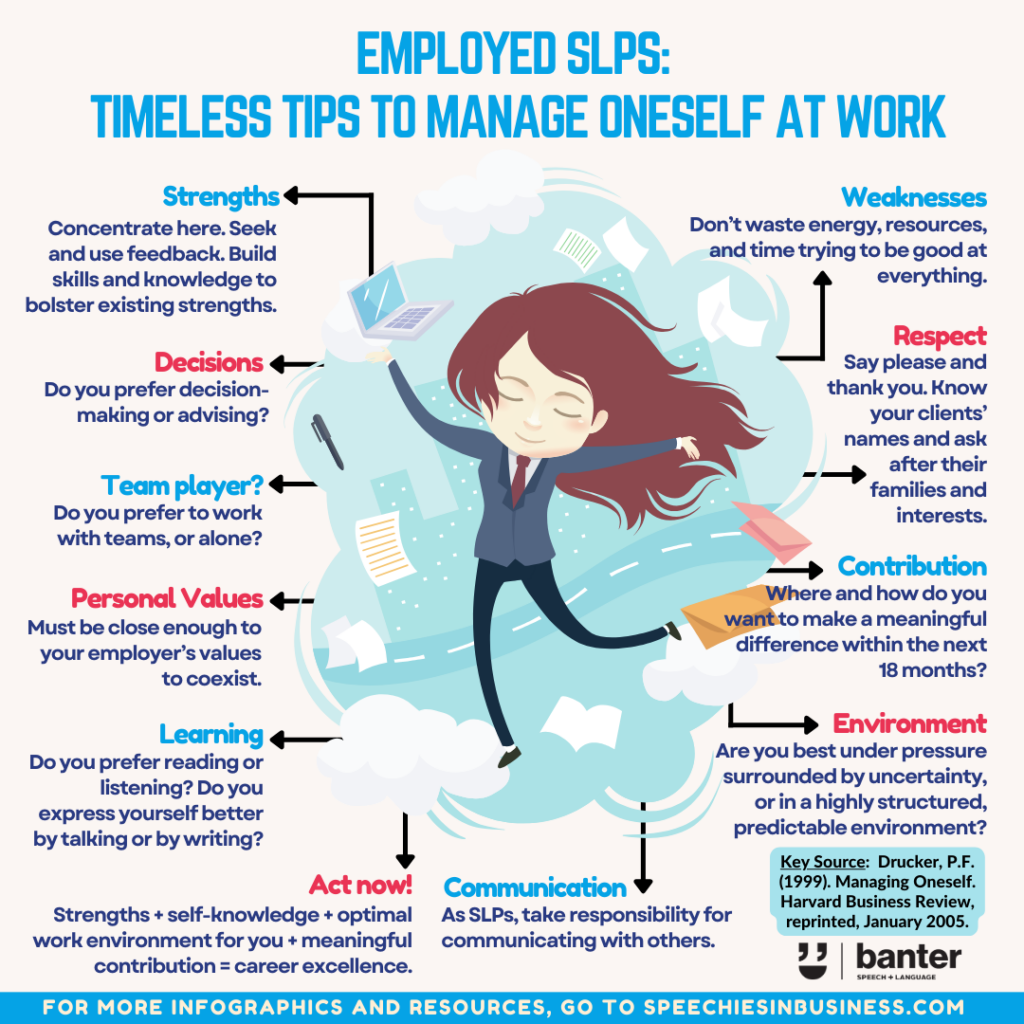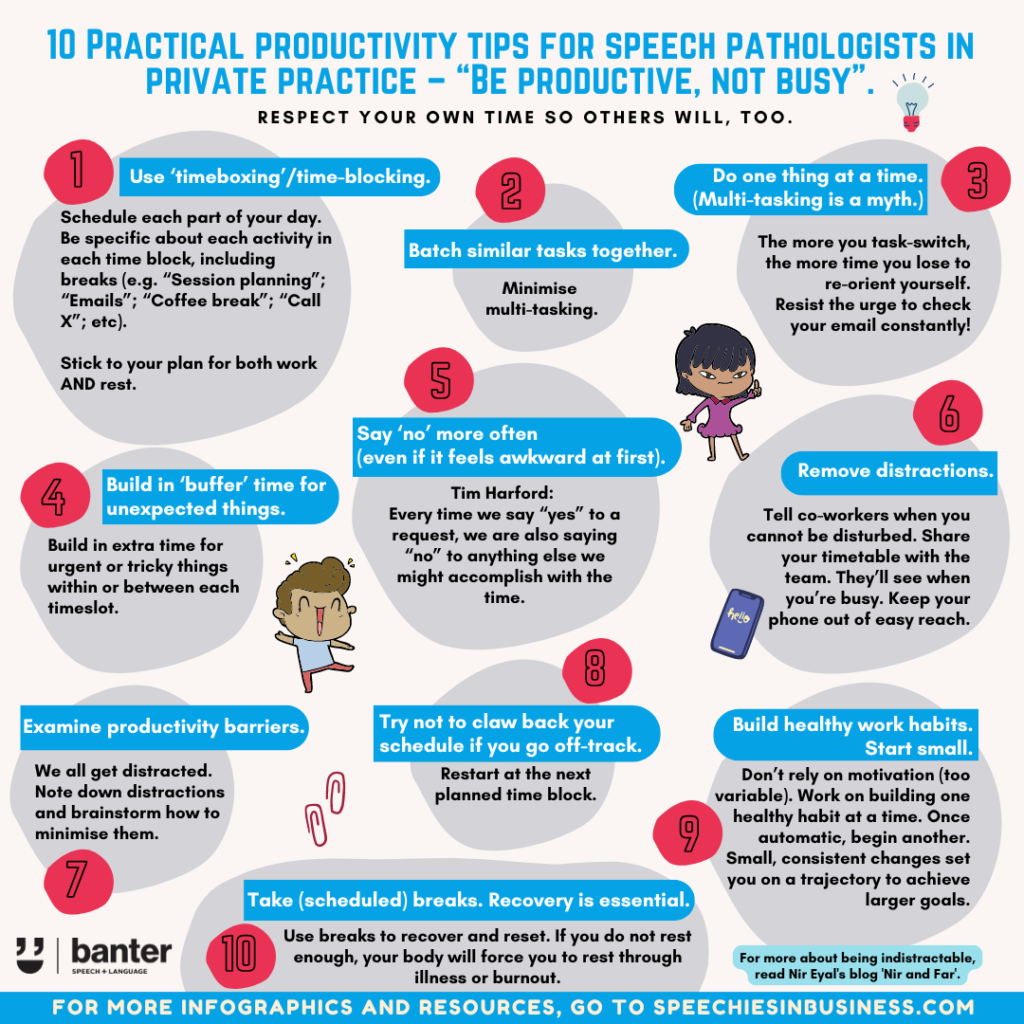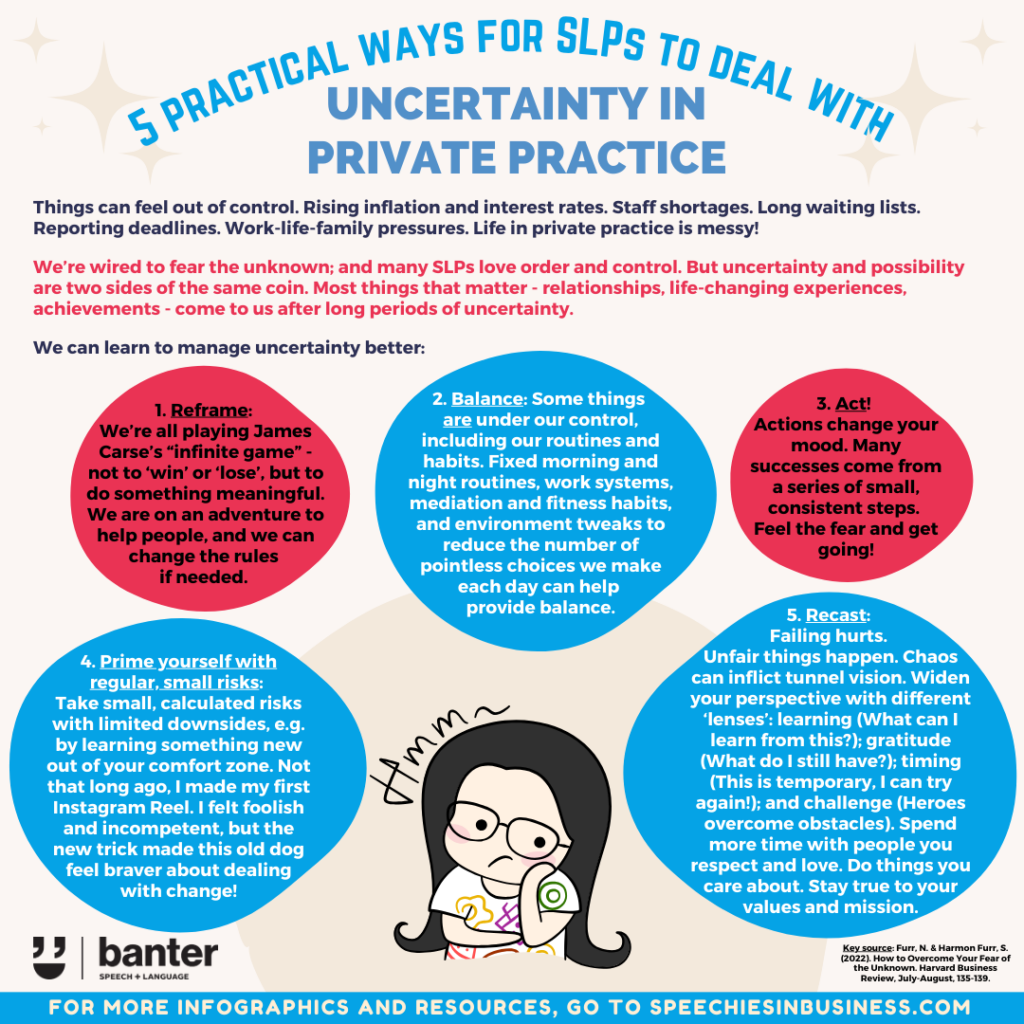Why:
It’s unethical, unprofessional, and potentially illegal.
Zoom in:
- As unregistered health practitioners, Australian speech-language pathologists (SLPs) must not:
- accept financial inducements or gifts for referring clients to other health practitioners or to the suppliers of medications or therapeutic goods or devices; or
- offer financial inducements or gifts in return for client referrals from other health practitioners or health organisations.
- As NDIS providers, SLPs must not give, ask for, or accept gifts that impact – or may impact – the way they provide NDIS supports or services, including any referral arrangement with other providers.
- As members of Speech Pathology Australia, SLPs must abide by the Code of Ethics and must avoid conflicts of interest affecting client care, be transparent about financial dealings and provide client-centred care.
- Criminal and other laws in some states also regulate secret commissions.
Go deeper:
- State Codes of Conduct for Unregistered Health Professionals or Practitioners (e.g. section 8 of the NSW Code).
- NDIS Code of Conduct: Guidance for Providers – Paragraph 58.
- Speech Pathology Australia Code of Ethics, clause 2.3.
- In the media: ‘It’s the Wild West’: Gift cards, free holidays and annual payments for NDIS referrals
